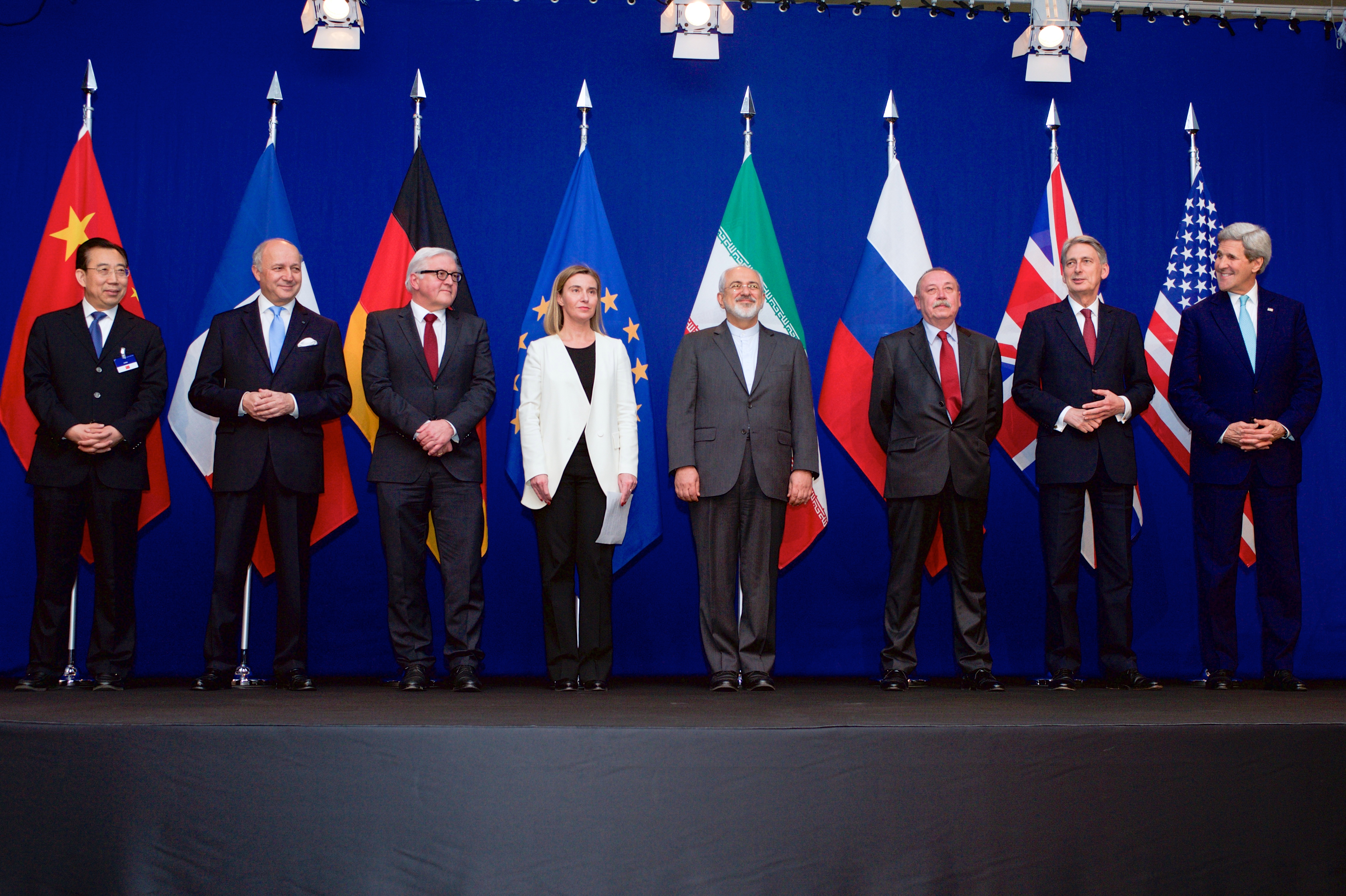Will the U.S. Blow Up the Iran Nuclear Deal?

EghtesadOnline: The Iran nuclear deal, struck in 2015 after countless late nights and serial missed deadlines, has been imperiled since Donald Trump became the U.S. president in January.
As a candidate, he promised to scrap or renegotiate the agreement, in which Iran agreed to curb its nuclear program in exchange for the lifting of sanctions related to it. In Trump’s first speech before the United Nations on Tuesday, according to Bloomberg, he called Iran’s government a "murderous regime" and said the world "hadn’t heard the last" word on the nuclear deal.
1. How might the U.S. blow up the deal?
According to a 2015 law, the president must certify to Congress every 90 days that Iran is complying with the terms of the agreement. The next certification deadline is Oct. 15. U.S. Ambassador to the United Nations Nikki Haley has said Trump may decide against certification. That wouldn’t kill the deal on its own but would allow Congress, where antipathy to Iran runs high, to reimpose the nuclear-related sanctions that were lifted so Iran could rebuild its economy. The agreement states that Iran would regard such an action as "grounds to cease performing its commitments." Iran has said it would resume enrichment of uranium to 20 percent, banned under the deal because such material can rapidly be further enriched to weapons-grade material, if another party breaches the agreement.
2. Has Iran stuck to the accord?
Assessments by the International Atomic Energy Agency since the deal took effect have found Iran sticking to its obligations. In October 2016, Iran slightly surpassed a limit on its stockpiles of heavy water, which is used in medical imaging and can also fuel reactors that produce plutonium, a weapons material. But it addressed that within weeks by shipping the surplus to Oman.
3. How do others see the agreement?
The other signatories to the agreement -- China, France, Germany, Russia, the U.K., and the European Union -- remain committed to it. French Foreign Minister Jean-Yves Le Drian said that tearing up the accord would be a blow to efforts to limit nuclear proliferation and “we’re trying to convince President Trump of the pertinence of this view.”
4. How has Iran responded so far?
The pressure from the U.S. has put Iran in a bind. It sees U.S. actions, such as a broadening of non-nuclear sanctions in August, as an infringement of the agreement, and hardliners in Iran have pushed for a strong Iranian response. Yet delivering one risks allowing the U.S. to blame Iran for any subsequent collapse of the accord. Iran insists it won’t fall into a “trap” set by the Trump administration by being the first to walk away. So it has sought a balanced reaction. For instance, parliament in August approved the outlines of a bill that would increase funding for the country’s missile program -- which Iran considers essential for its defense -- and the Revolutionary Guards, the premier security force. Under Trump, the U.S. has expanded sanctions on both.
5. Is a military response possible?
With Iranian and American forces in proximity in Syria and Iraq, as well as the waters of the Persian Gulf, unintended clashes are a possibility. The U.S. 5th Fleet and Iran’s Guards gave contesting accounts of a July 28 incident in which American helicopters shot warning flares.
6. What’s at stake for Iran’s economy?
Already, remaining U.S. sanctions have been a brake on Iran’s economic recovery because they have deterred international banks’ involvement with the country and complicated project financing. By repeatedly hinting that he will upset the nuclear accord, Trump has kept alive uncertainty about Iran’s future, making it harder for potential investors to take business decisions.
7. Can Iran appeal to the law?
8. Can the U.S. appeal to the law?
The U.S. could unilaterally trigger a process to reinstate broad United Nations sanctions. The Security Council would then have 30 days to pass a resolution to continue sanctions relief and halt the deal’s so-called “snap-back” mechanism. A failure to do so, Iran has asserted, would leave it with no option but to stop abiding by the accord.
The Reference Shelf
- A guide to the Iran nuclear deal by the Belfer Center
- Bloomberg News has published a QuickTake on Iran’s nuclear program, including a map of its major atomic facilities.
- Federation of American Scientists overview of the effectiveness of applying sanctions on Iranian nuclear facilities.
- A Bloomberg story on Middle East battles where Iranian and U.S. forces operate in close proximity.


